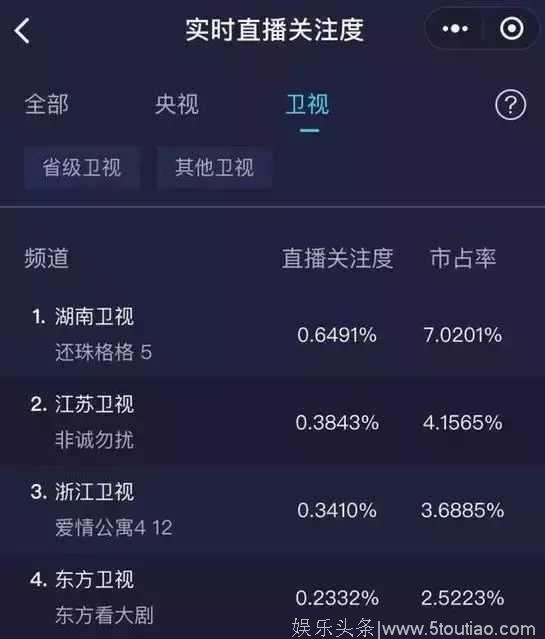
台词出自美剧《尼基塔》,主要想讲的是单词“chastise”,惩罚,我们平时想到惩罚的时候,往往会用单词“punish”,所以今天根据电影台词我们再补充另外两个,一个是台词中的“chastise”,另外一个也是跟“chastise”拼写很像的“chasten”,而从词形相似方面来说,我们还很容易联想到单词“chaste”,表示纯正无邪的,类似于“pure”的用法。
例:
My father used to chastise my brothers with whips.
父亲过去常以鞭打惩罚我的兄弟。
How can he chastise me for something he knows nothing about?
他对事情不了解,怎么能责怪我呢。
I will therefore chastise him, and release him.
故此,我要责打他, 把他释放了。
As many as I love, I rebuke and chasten: be zealous therefore, and repent.
凡我所疼爱的, 我就责备管教他.所以你要发热心, 也要悔改。
The difficulty can chasten man to be excellent character.
困难可以磨练出一个人最优秀的品质。
Tess was a chaste young girl.
苔丝是一个纯真的少女。
I love to mix with people chaste in mind.
我喜欢与思想纯洁的人来往。

台词出自美剧《生活大爆炸》,这些年考公务员的人越来越多,简单提下civil servants的表达方法。这边主要想说的是单词“propensity”,倾向(尽管字幕组没翻出来)。通常情况下表达倾向时候,我们会说“intend to do sth”或者“one’s intention is to”,再或者“incline to do sth”。借题发挥,“propensity”有倾向之意,而且同是字母“P”打头的单词“penchant”,也是倾向的意思。所以,“propensity”、“penchant”一起记下吧。
例:
He showed a propensity for violence.
他表现出暴力倾向。
He has a propensity for drinking too much alcohol.
他有酗酒的倾向。
She hasn't reckoned on his propensity for violence.
她不曾料到他有暴力倾向。
She has a penchant for champagne.
她酷爱香槟酒。
He had a penchant for playing jokes on people.
他喜欢拿人开玩笑。
He seems to have a penchant for my children.
他似乎很喜欢我的孩子们。

台词出自美剧《生活大爆炸》,简单说下“mediocre”,资质平庸的,水平一般般的,也及时字幕组说的“俗人”。这边我比较感兴趣的是单词“kowtow”,字幕组说“低三下四”,为什么呢?“kowtow”的发音类似于中文的“磕头”,对人磕头,当然低三下四咯。
例:
Be polite, but don't kowtow to him.
对他要有礼貌, 但不要卑躬屈膝。
He's a brave man. I m sure he will not kowtow to the enemy.
他是一个勇敢的人, 我相信他不会向敌人卑躬屈膝的。
All the servants had to kowtow to the emperor when he entered the room.
皇帝进房间时,所有的仆人都得向他叩首
个人原创,转载请联系作者。






